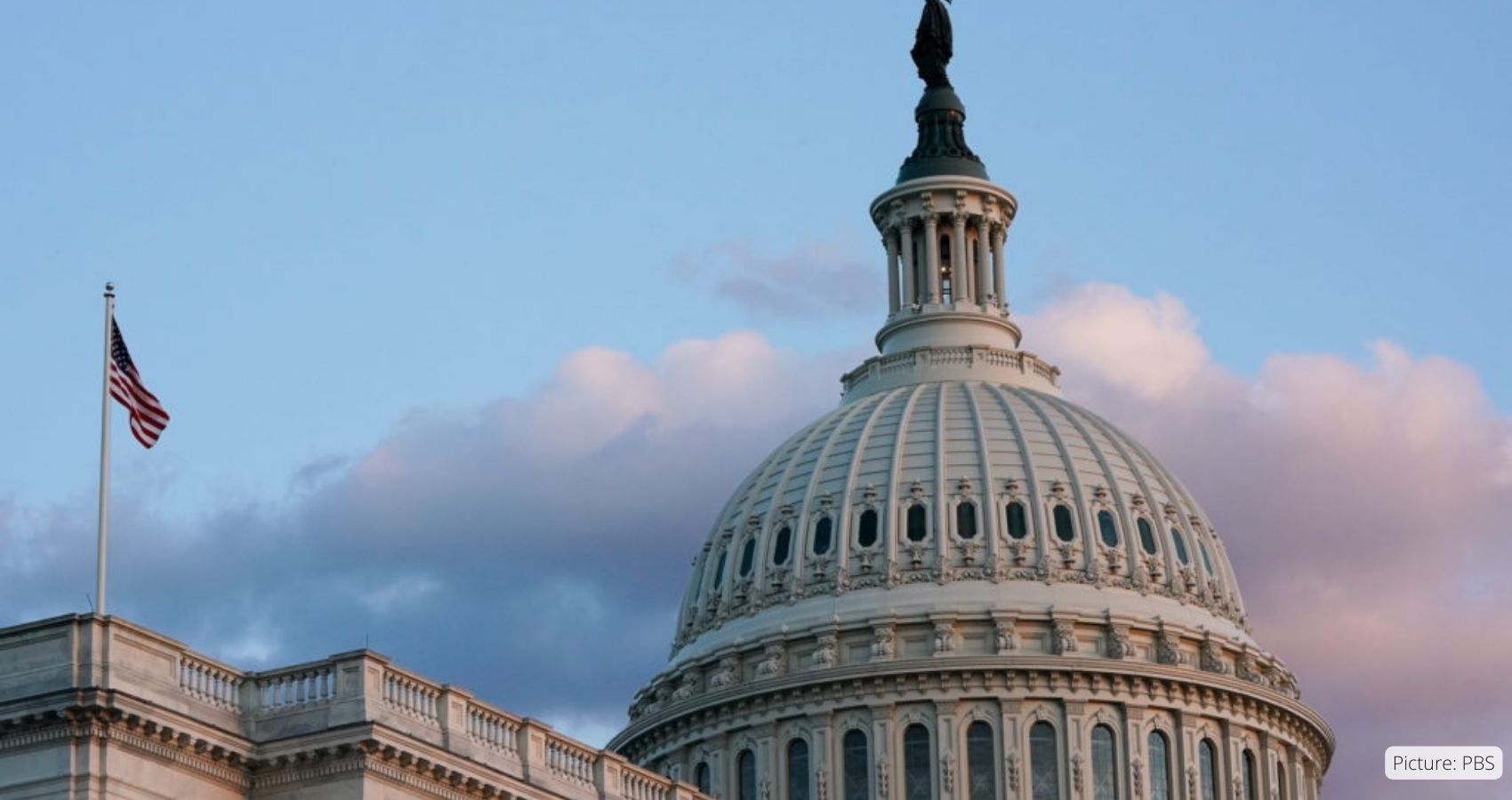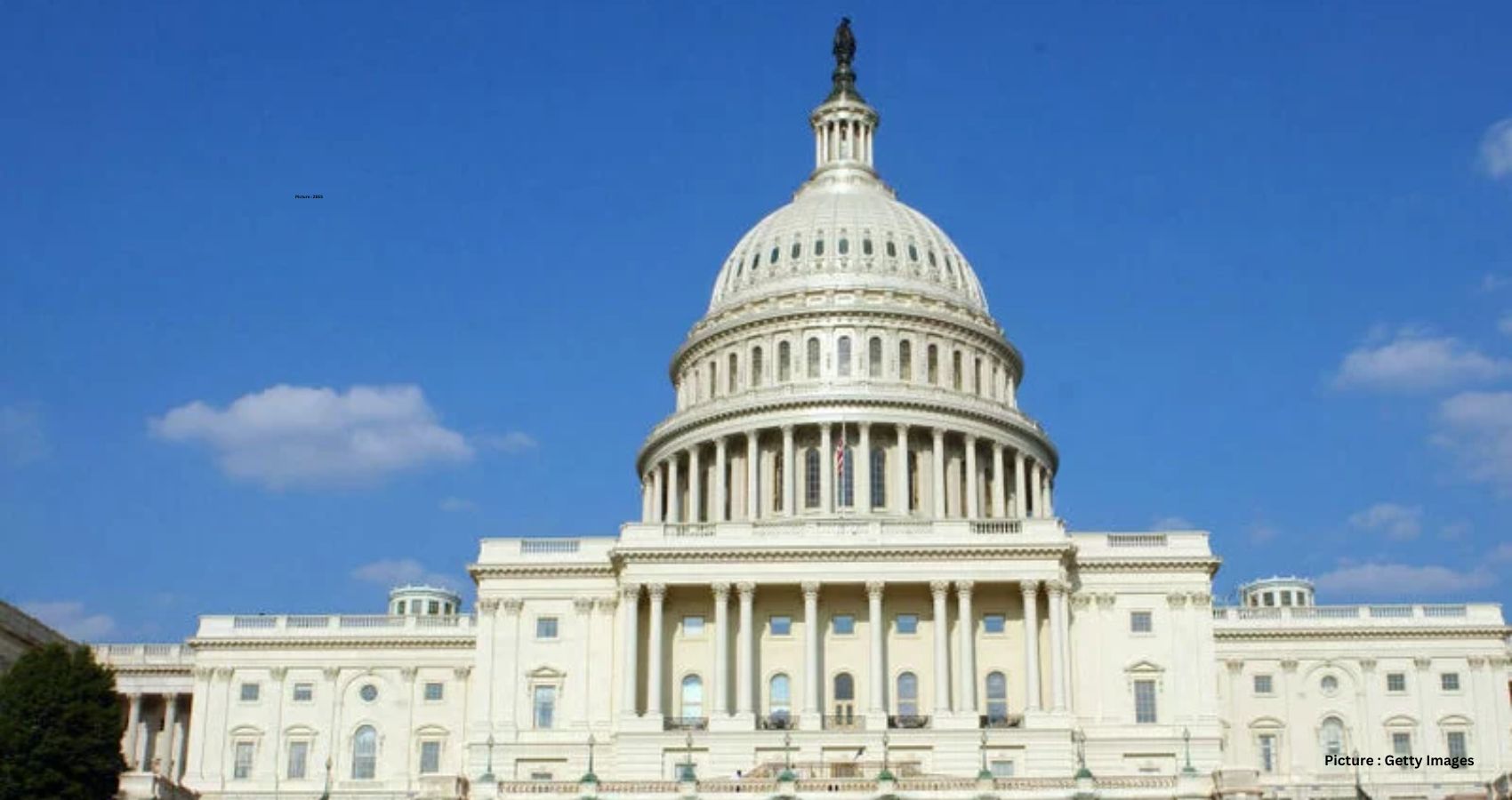In a decisive move, the House of Representatives endorsed a short-term spending bill on Thursday to maintain government operations until March, successfully avoiding a partial shutdown just one day before the looming deadline. The Senate had previously greenlit the two-step continuing resolution (CR), with a vote of 314-108, allowing lawmakers more time until March 1 and March 8 to finalize the formal appropriations process. This marks the third short-term spending bill ratified by Congress in fiscal 2024.
The successful passage of the stopgap represents a notable achievement for Speaker Mike Johnson (R-La.), who navigated negotiations with congressional leaders to prevent a shutdown. Johnson managed to garner enough support within his conference to secure approval, albeit relying heavily on Democratic backing, as conservatives voiced concerns about the absence of spending cuts and insufficient border security policies. Notably, only two Democrats, Representatives Jake Auchincloss (Mass.) and Mike Quigley (Ill.), dissented against the measure.
Johnson employed a fast-track approach by bringing the legislation to the floor under the suspension of rules, bypassing the need for an initial rule approval. However, this approach necessitated two-thirds support for passage, demanding a bipartisan effort. Former Speaker Kevin McCarthy (R-Calif.) faced consequences for a similar decision in October.
Looking ahead, Speaker Johnson faces challenges, particularly in his commitment to include conservative policy riders in the 12 annual appropriations bills. Achieving this goal seems formidable given the Democratic majority in the Senate and the White House. Despite his optimism, Johnson, who has held the position for only 85 days, also grapples with discontent from conservative Republicans dissatisfied with his approach to government funding and the issue of additional aid to Ukraine.
While Johnson rejected calls from conservatives to backtrack on the bipartisan top-line spending deal and dismissed the idea of a long-term continuing resolution, there are murmurs of potential challenges to his Speakership. Representatives Chip Roy (R-Texas) and Marjorie Taylor Greene (R-Ga.) have hinted at forcing a motion to vacate, the same mechanism used to oust McCarthy, although the threat to Johnson’s leadership seems limited.
The legislative journey on Thursday was not without last-minute drama. The House Republican leadership advanced the vote on the two-step stopgap bill from Friday morning to Thursday afternoon, with the Senate having already approved it. Notably, Representatives Bob Good (R-Va.) and Andy Harris (R-Md.) proposed adding an amendment vote on border and migration policy, a suggestion rejected by Speaker Johnson, further straining relations with conservatives.
Despite some opposition from conservatives, the two-step framework was embraced by a segment of the right-flank, offering a strategic alternative to a year-end omnibus bill. The measure extends funding for four of the 12 annual spending bills until March 1, preventing a lapse for critical departments. Additionally, it postpones the Feb. 2 deadline for other government agencies to March 8, allowing more time for negotiations.
While spending cardinals emphasize the necessity of extra time to craft all 12 funding bills, concerns about the pace of negotiations persist. Some worry about the potential need for another stopgap bill in March, which would mark the fourth in the current session, underscoring deep partisan divides over spending. Capitol Hill is also apprehensive about the looming April deadline for automatic spending cuts if Congress fails to conclude its work promptly.
Senator Jon Tester (D-Mont.), chair of the subcommittee overseeing Department of Defense funding, expressed concern over the lack of urgency, while acknowledging ongoing efforts by top negotiators to finalize allocations for the 12 spending measures. As lawmakers tread cautiously in the coming weeks, the delicate balance between bipartisan cooperation and ideological discord will play a crucial role in determining the fate of future funding measures.



